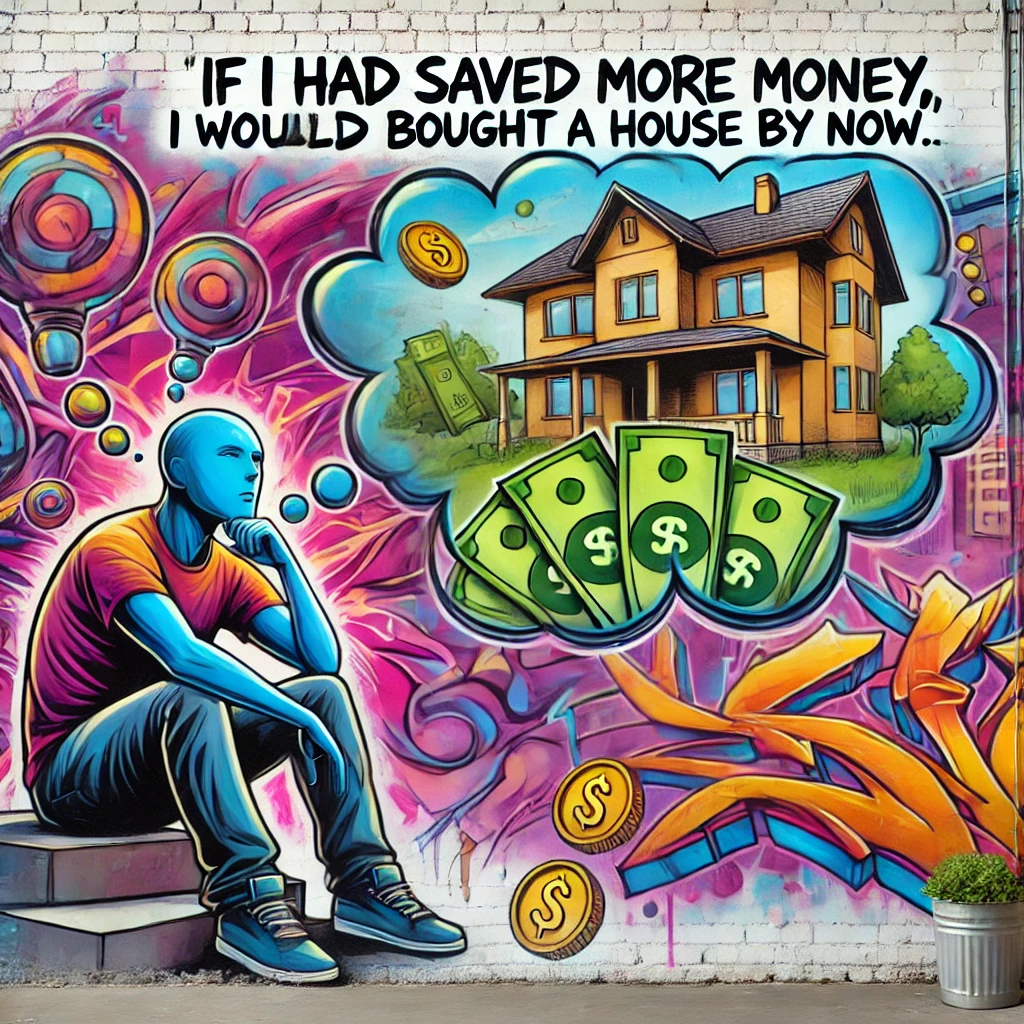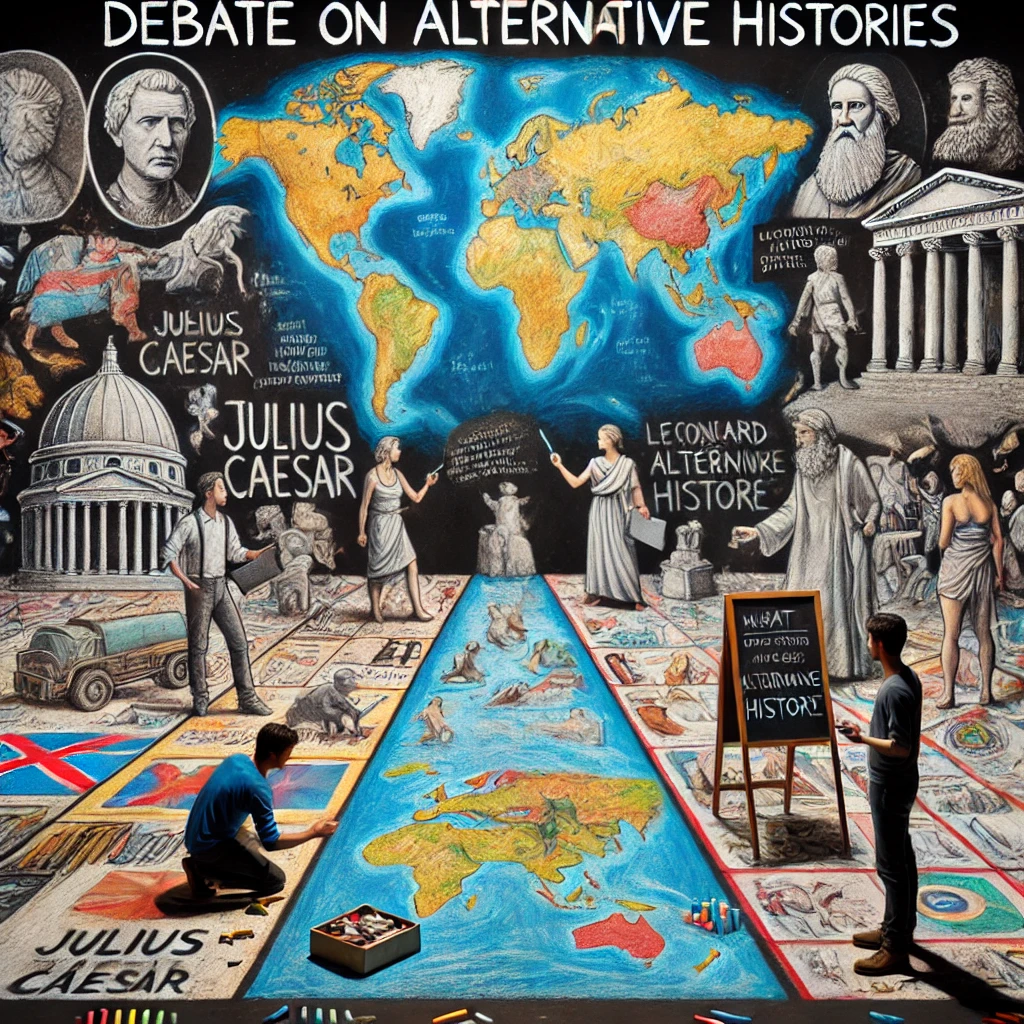Third Conditional

Learning goals
Understand the Third Conditional: Learn the structure and uses of the third conditional.
Apply the Third Conditional: Use the third conditional accurately to express hypothetical situations in the past.
Differentiate Between Conditionals: Recognize the difference between the third conditional and other conditional forms.
Enhance Communication Skills: Improve your ability to express complex ideas and regrets in English.
What is the Third Conditional?
The third conditional is used to talk about situations that did not happen in the past and to speculate on what could have happened if circumstances were different. It’s a way of expressing regret, missed opportunities, or simply imagining different outcomes.
Structure of the Third Conditional
Form: If + past perfect, would + have + past participle.
Examples:
- “If I had studied harder, I would have passed the exam.”
- “If she had left earlier, she would have caught the train.”
- “If they had known about the event, they would have attended.”
Uses of the Third Conditional:
1. Expressing Regret
Use the third conditional to express regret about past decisions or actions.
Example: “If I had known it was your birthday, I would have bought you a gift.”
2. Discussing Missed Opportunities
Reflect on opportunities that were missed and what could have been different.
Example: “If we had invested in that company, we would have made a fortune.”
3. Speculating on Alternative Outcomes
Imagine different outcomes to past events.
Example: “If the weather had been better, we would have gone to the beach.”
4. Giving Explanations
Explain why something did not happen.
Example: “If he had listened to the advice, he wouldn’t have made that mistake.”

Examples and Applications
- Personal Regrets:
- “If I had studied French in school, I would have been able to speak it fluently by now.”
- Historical Events:
- “If World War II had ended differently, the world would have been a very different place.”
- Hypothetical Job Opportunities:
- “If she had applied for that job, she might have been promoted by now.”
- Relationships:
- “If I had met you earlier, we could have spent more time together.”
- Financial Decisions:
- “If I had saved more money, I would have bought a house by now.”
Learning activities
EGB
Regretful Sentences
Objective: Practice forming sentences using the third conditional to express regret.
Instructions:
- Preparation: Think of scenarios where you might regret something you didn’t do.
- Task: Write five sentences using the third conditional to express these regrets.
- Class Activity: Share your sentences with a partner and discuss the different outcomes.
- Example: “If I had practiced more, I would have won the competition.”

What If? Story Writing
Objective: Use the third conditional in creative writing.
Instructions:
- Task: Write a short story (one or two paragraphs) about a day that could have gone differently, using at least three third conditional sentences.
- Sharing: Exchange stories with a partner and provide feedback on the use of the third conditional.
- Class Activity: Read a few stories aloud and discuss the different outcomes.
- Example: “If I hadn’t missed the bus, I would have arrived at school on time, and everything would have been different.”

BGU
Debate on Alternative Histories
Objective: Discuss historical events using the third conditional.
Instructions:
- Preparation: Choose a historical event and think about how it could have been different.
- Task: In pairs, discuss the event using the third conditional, imagining different outcomes.
- Class Activity: Present your alternative history to the class and explain how the world would be different.
- Example: “If the Roman Empire had never fallen, the world would have developed very differently.”

Third Conditional Chain Story
Objective: Collaboratively create a story using the third conditional.
Instructions:
- Group Work: Form groups of four. One student starts a story using the third conditional, and each subsequent student adds to the story using their own third conditional sentence.
- Sharing: Present the completed story to the class.
- Class Activity: Discuss how each conditional sentence changed the direction of the story.
- Example: “If John hadn’t forgotten his umbrella, he wouldn’t have met Sarah, and they wouldn’t have gone on that adventure.”

Here are some popular songs that feature conditionals, including first, second, and third conditionals. These songs can be a fun and engaging way to reinforce your understanding of conditionals in English.
- Conditional Used: First Conditional. This song doesn’t use a typical conditional structure but implies a conditional relationship—what life would be like with or without a significant other.
- 2. Conditional Used: Second Conditional. Beyoncé uses the second conditional to imagine what life would be like if she were a boy, reflecting on gender differences.
- 3. Conditional Used: Taylor Swift uses the third conditional to express regret and hypothetical changes to past actions.
